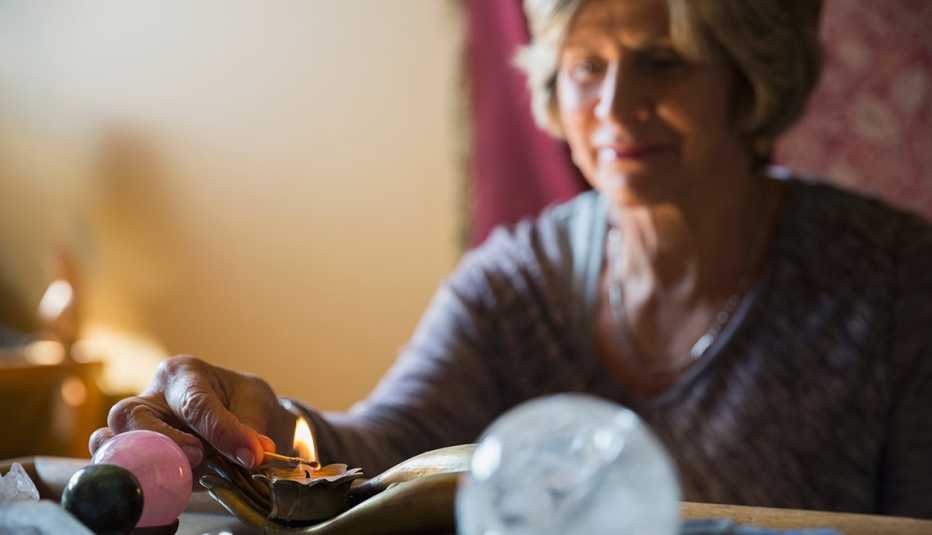Staying Fit


Striking a balance in any area—diet, exercise, job search—is an ongoing challenge. Stabilizing all the off-kilter parts of your life at once? Good luck with that. Chances are, if you’re in a deadline crunch at work, you’re short-changing relationships. Or if you’re gung-ho about training for that big race, the grass probably needs mowing. Experts say even small steps to restore balance pay off in unexpected ways, cross-pollinating balance in other parts of your life. Here is your five-day plan, incorporating yoga, mindfulness, “me time” and a healthy diet for a better life-work balance.
Monday: Make a “me time” promise to balance your schedule.
No matter what life change you’re trying to make, it seems time is always the enemy. That’s why one of the most important changes is carving time out of your calendar. In midlife, “We have a lot of responsibilities, and it seems our life doesn't belong to us,” says Dr. Eva Selhub, a stress expert and author of Your Health Destiny. She suggests starting by picking an hour a day (even in two 30-minute chunks). This may seem like a lot of time, but once most people make the commitment, they can find that time.


AARP Membership— $12 for your first year when you sign up for Automatic Renewal
Get instant access to members-only products and hundreds of discounts, a free second membership, and a subscription to AARP the Magazine.
In fact, this ability to recharge is the secret weapon of people who are happier and more productive. A team of British psychologists recently put the principles of “me time” to the test. Their study found that people with more “me time” had higher levels of well-being and were more engaged employees. Nor did the “me time” have to be solitary. What matters most is that your activities be freely chosen.
“That time is only for you,” says Selhub, “to work out, meet with friends, read, meditate or journal.” Selhub, who prescribes herself two hours of “me time” each day, admits that freeing up that much time takes practice. “A lot of this is change in mindset,” she says. But the more conscious we become of the benefits,
“the more you naturally create balance.”



































































More From AARP
5 Yoga Poses to Relieve Chronic Pain
Relax, breathe and feel better with these beginner moves
5 Reasons Your Comfy Activewear Really Stinks
The fabric keeps you dry, but the sweat stubbornly lingers.